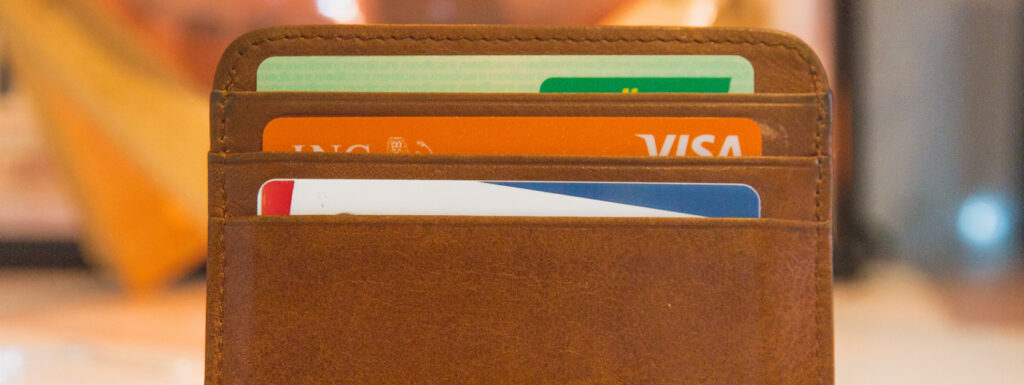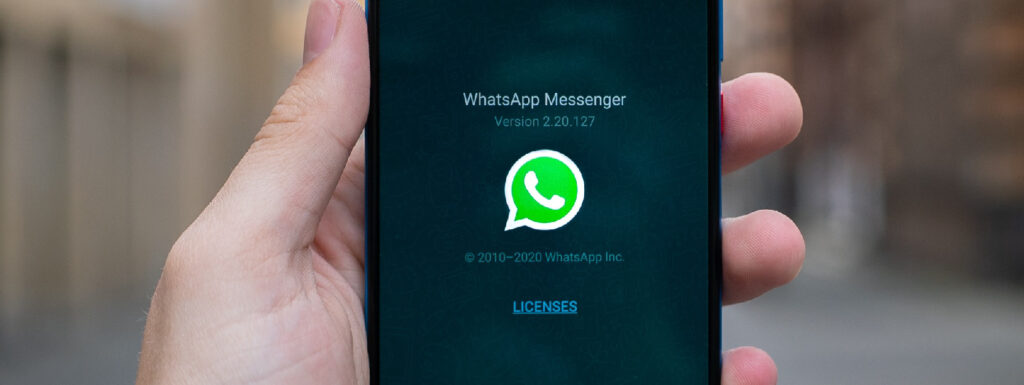The concept of a cashless society refers to a world where paper currency is completely replaced by electronic means of payments. In some countries, cash is already a minority among payment options, as revealed in the Global Payments Report 2021 from FIS, an international payments company.
Brazil stands out on the international scene for the greater use of credit cards, debit cards, and also cash, while digital wallets are still relatively little used here, according to the FIS survey.
In 2020, credit, debit and prepaid cards together moved R$2 trillion in Brazil, according to data released by ABECS (Brazilian Association of Credit Card Companies and Services). The credit card still accounts for most of this volume (R$ 1.18 trillion), despite the growth in debit card use.
The balance sheet on electronic payment methods in Brazil reveals that the main trends in 2020 were the increase in the use of debit cards, the growth of remote sales, and the expansion of contactless payments.
Card payments account for almost half of household consumption
According to data from ABECS, payments by credit and debit cards accounted for 46.4% of household consumption in the last quarter of 2020. Taking the values of emergency aid transacted in this period, the indicator rises to 47.7%.
Value transacted by cards as a percentage of household consumption

Source: Abecs, 2021.
This figure shows the importance of cards as means of payments for Brazilian consumers, even amid the growth of digital payment options such as Pix (fast payments) and e-wallets.
Everything indicates that the transition to a cashless reality in Brazil will be based on the expansion of the use of cards and gradual reduction in the use of cash. This movement is different from what occurs in China and other Asian countries where cash has been replaced by digital wallets, which today stand out as the main payment method.
The global survey conducted by FIS showed that Brazil stands out for higher credit card use compared to Latin America and the rest of the world, both for on-site purchases and on e-commerce.
However, we are still far from a “cashless” future. The study estimates that the use of cash at points of sale decreased by 24.9% by 2020 in Brazil. Even with this accelerated decline, cash still accounts for more than a third of in-store sales (see below).
Relative share of payment methods in sales volume: e-commerce and Point-of-Sale

Source: Global Payments Report 2021/FIS.
Retail goes digital: remote card sales grew by 32%
One of the factors driving the use of cards has been the rise of e-commerce and remote sales in general. The chart above shows that credit cards account for about 43% of the value of online purchases, followed by digital wallets (17%), debit cards (13%), and boleto (12%).
According to ABECS, non-presential card purchases grew 32.2% in 2020 compared to the previous year. One out of every three credit card transactions was processed remotely in the last quarter of the year.
It is worth noting that while credit card is the predominant payment method for online purchases, remote debit card use has grown considerably in the last year. This has required expanding solutions to accept the debit function for internet or mobile payments on delivery platforms, marketplaces and other services.
Debit cards helped distribute emergency aid
In 2020, debit cards processed 11.5 billion transactions, surpassing the 10.9 billion transactions by credit cards. In terms of gross volume, debit grew almost 15%, but is still lower: R$762 billion.
These figures do not include the more than R$ 52 billion in emergency aid from the government to unemployed or self-employed workers that was transferred by debit cards. The ABECS balance reinforces that electronic means of payment played a key role in the distribution of such aid by allowing beneficiaries to use it without the need to withdraw cash.
Contactless payments may become a new trend
Another trend in the Brazilian payments market is contactless payments. NFC (Near Field Communication) payments attracted users during the pandemic given it is an alternative that allows face-to-face payments without any contact between payer and payee.
Under a certain value, the customer does not need to enter the password into the POS machine, as is mandatory in chip-processed transactions. For this reason, NFC payments have come to be seen as more hygienic options than cash or cards’ chip-and-password payments.
According to the FIS research, NFC payments have surpassed the use of cash in face-to-face purchases around the world. In Brazil, Abecs’ data shows a significant growth from R$7.2 billion in 2019 to R$41 billion transacted in 2020.
The figures for contactless payments in Brazil are modest, but they should continue their upward trend as more people get to know the alternative. This is the bet of Abecs, which increased the security threshold for NFC payments to R$ 200 in December 2020 in an attempt to expand the use of the modality in the country.


